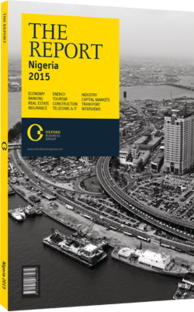This chapter includes the following articles.
Utilities

The lack of power has been among the biggest obstacles to economic growth, and Nigeria is in the midst of a long and complex effort to increase electricity supply by more than fivefold by 2020, from the current level of about 3400 MW to 20,000 MW. The immediate result of this is a spike in demand for capital to rehabilitate existing capacity and add new supply, making foreign investment – through tenders and ancillary initiatives like the US Power Africa programme – crucial to the success of this reform effort. As of early 2015, the market had entered into what the road map calls a “transitional electricity market”. Over the next several years, two government-owned firms will act as intermediaries for transactions in the marketplace. Both bodies are temporary actors in the market and will be closed once the electricity sector can stand on its own. For now, their presence is deemed necessary to facilitate the signing of long-term contractual relationships between parties along the value chain, and to limit defaults and volatility.
This chapter contains interviews with Chinedu Nebo, Minister of Power, and Paul Hinks, CEO, Symbion Power

